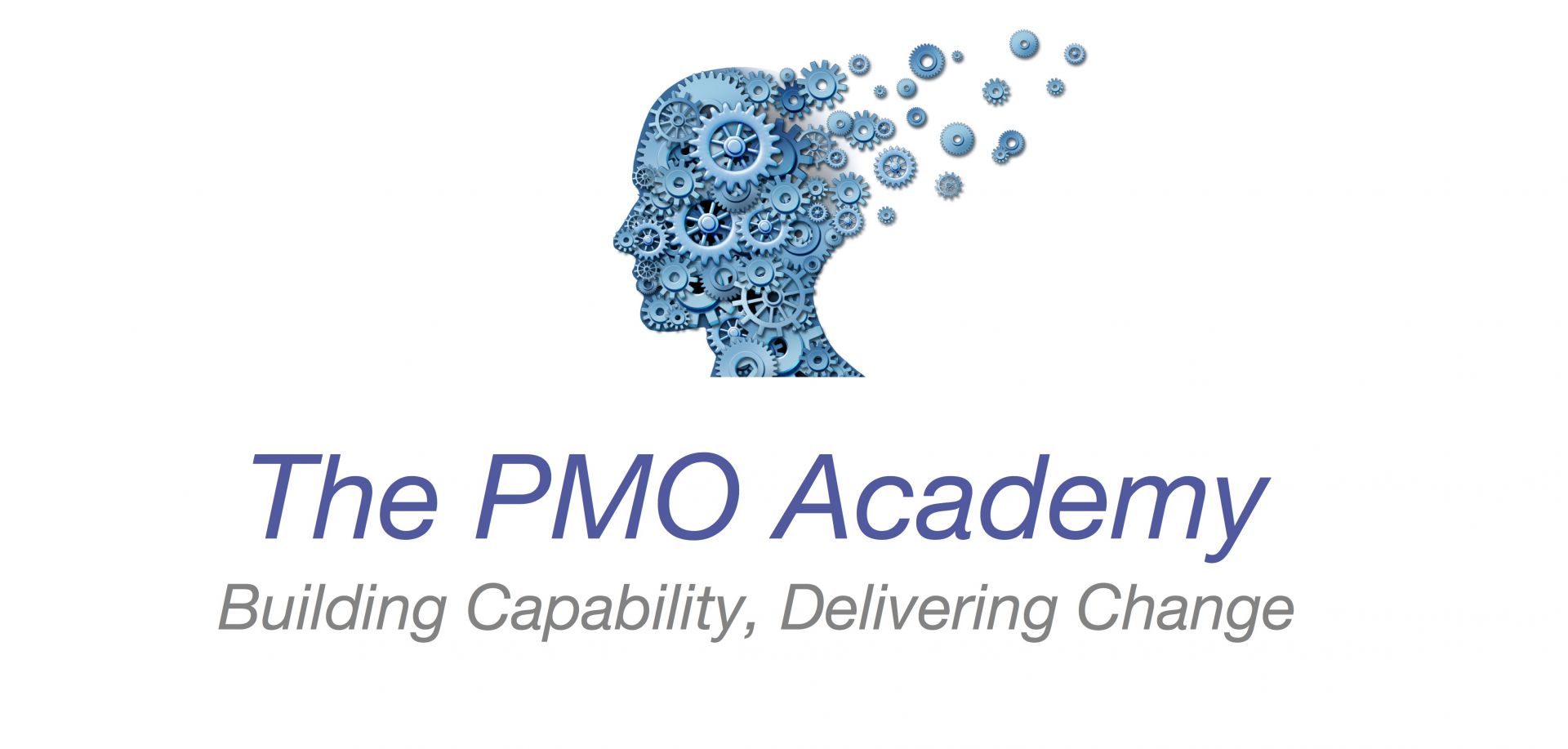At the risk of sounding like a broken record, I'll say it again. Stakeholder Management is one of the most critical skills for project managers to master. Not only do we need to understand who our stakeholders are, we also need to know how our project affects them - positively or negatively - and, crucially, whether they are supportive of the change we are trying to deliver.
It is also important to look at it from the other side, and understand the impact stakeholders have on the project. For me, there are 6 key areas where stakeholders can make a big difference to the likelihood of successful delivery.







